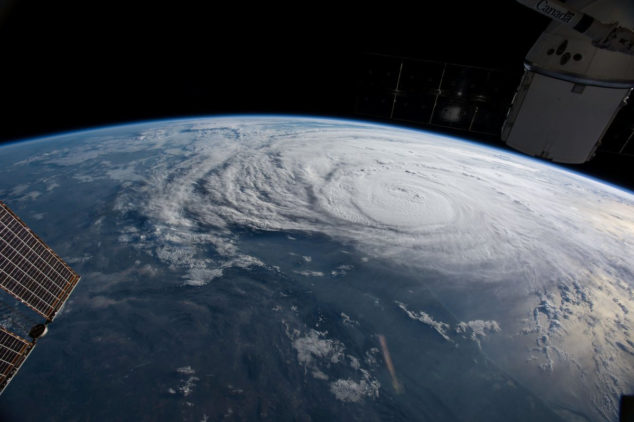The Earth is always changing and natural disasters can occur anytime or place. Floods, tornados, ice storms, hurricanes, and others can affect our life without previous warning. Therefore as vulnerable humans, the best we can do is be ready with a family emergency plan that helps us to mitigate the effects of these events. It doesn’t matter where you are, or how close or far you may suppose you are, it is important to be ready and prepared and also teach your family to manage the crisis. Recently we saw the consequences of the devastating hurricane Harvey, so it is appropriate to remember some essential measures to be alert. First of all, you must always keep a list of telephone numbers of emergency assistance groups and teach your children how to contact them or use the 911 service. Also, you should keep a permanent kit at home with some basic things:
- Water (one gallon of water per person for at least three days).
- Non-perishable food and special items that a specific family member might require.
- Non-prescription medications (pain relievers, anti-diarrhea, personal hygiene items, etc.)
- Towels, sleeping bag or blanket for each person.
- Extra batteries on various sizes.
- Whistle to notify location.
- Charging devices and a backup battery for mobile devices.
- Personal documents (insurance policies and cards) preferable in a waterproof portfolio or envelope.
Regarding children, we can help them to understand their place in the world and how the disasters might affect their routine. The best we can do as parents is to teach our kids to cope more effectively with a disaster, that is possible if we try to explain in a simple way what is happening and what they can do to help protect themselves. Providing unnecessary details may only alarm them so concrete explanations are the best. One excellent recommendation is limit media coverage and helps children to process the information they receive. Be sure to ask them what questions they have, that helps to evaluate if their fears are realistic and to show them how to cope with the feelings that might be arising. Other important tips are: let your child know that it is all right to be upset and maybe anxious; if you feel you are not capable of giving some support ask for help (family, friends or professionals), allow children to express their regrets and help them figure out what they can do to help others in their community, if it is possible.






